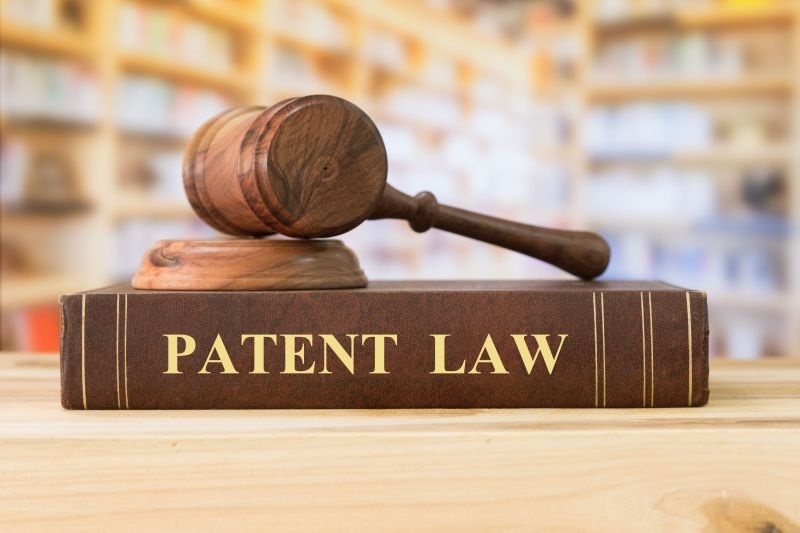Section 271(f) Combinations at Issue
The U.S. Supreme Court recently agreed to hear an important patent case concerning the standard for willful infringement and the availability of lost profit damages for combinations occurring outside of the United States.

The Court granted petitioner WesternGeco LLC’s (“WesternGeco”) writ of certiorari on January 12, 2018 in WesternGeco LLC v. Ion Geophysical Corp., No. 16-1011, to decide the question of whether the Federal Circuit Court of Appeals (the “CAFC”) erred in holding that lost profits arising from prohibited combinations occurring outside of the U.S. are categorically unavailable in cases where patent infringement is proven under 35 U.S.C. §271(f).
By statute, patent owners who prove infringement are entitled to “damages adequate to compensate for the infringement, but in no event less than a reasonable royalty for the use made of the invention by the infringer.” 35 U.S.C. §284. What damages are “adequate to compensate for the infringement” depends on the application of general tort principles to the facts of each case and can include lost profits in appropriate cases. Section 284 applies to damages for infringement under 35 U.S.C. §271(f), wherein Congress defined new acts of patent infringement: Whoever, with the requisite mental state, exports components of a patented invention from the United States for combination “outside of the United States in a manner that would infringe the patent if such combination occurred within the United States,” “shall be liable as an infringer.” 35 U.S.C. §271(f) (emphasis added). In enacting §271(f), Congress treated a specific action within the United States (exporting from the United States with the intent to combine abroad) as sufficient to impose liability, knowing that the combination and ultimate use would occur abroad.
In WesternGeco, the jury found respondent/defendant Ion Geophysical Corp. (“Ion”) liable for infringement, and awarded damages, with a $12.5 million royalty component and a $93.4 million lost profits component. The jury also concluded that Ion’s infringement was willful. However, while the district court upheld the verdict, the court did not find “objective” willfulness under the CAFC’s governing standard at that time, which was before the decision by the Supreme Court in Halo Electronics, Inc. v. Pulse Electronics, Inc., 136 S. Ct. 1923 (2016), which modified the standard for finding “willful” infringement. Under the prior standard, a finding of “willful” infringement required satisfaction of both an “objective” and a “subjective” prong of willfulness. The matter was appealed to the CAFC and a panel majority held that the jury’s award of lost profits – approximately $93 million of the $106 million award – must be reversed. WesternGeco petitioned for certiorari, which the Supreme Court granted and issued a “GVR” order, remanding the matter to the CAFC to reconsider in light of the high court’s ruling in Halo. On remand, the CAFC panel majority vacated the district court’s judgment solely as to the denial of enhanced damages and remanded that limited issue “for further proceedings consistent with this opinion and with the Supreme Court’s decision in Halo.” In all other respects, the Federal Circuit “reinstate[d] [its] earlier opinion and judgment,” including as to lost-profit damages. Petitioner WesternGeco thereafter petitioned the Supreme Court yet again for a writ of certiorari, which the court granted.
While the U.S. Supreme Court essentially eliminated the “objective” prong for determining “willful” infringement – a bar that was virtually impossible to establish – in the Halo matter, the impact of the Court’s prior ruling with respect to extraterritorial infringement will now be considered. As argued by WesternGeco in its petition, with respect to Section 271(f), the CAFC erroneously required that the presumption against extraterritoriality must be applied twice: the presumption must be applied first to determine what conduct subjects a defendant to liability, and then again to limit remedies once liability is established. As argued by WesternGeco, the plain text of Section 271(f) does not make that requirement and the CAFC imposed an unduly rigid bar to recovery for acts of willful infringement arising under Section 271(f).
The case has yet to be briefed before the Supreme Court. Oral argument has not been scheduled. A ruling is expected from the Court before it recesses in June of this year.
